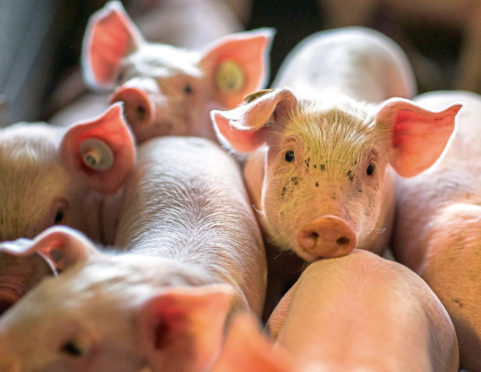Farm assurance should focus on individual animals and welfare outcomes, according to new guidance.
The guidance, which was released following the six-year AssureWel project with the Soil Association, RSPCA and Bristol University, suggests a shift away from assessing inputs such as diet and how much space each animal is given to measures to assess how effective resources and management are directly providing a good level of welfare to the indivdual animals. These include: assessing feather loss on laying hens; assessing injuries, body condition and lameness on dairy cows and looking at how pigs are using enrichment items provided, such as straw and destructible toys.
Soil Association livestock adviser Kate Still said: “We want to ensure that all farm animals have the opportunity for a good life and the only way of properly checking that the resources provided combined with the quality of day-to-day husbandry is delivering this is to directly assess the condition of the animals rather than the method of production alone.
“It is essential for assurance schemes to define and evaluate clear inputs standards for providing high levels of animal welfare.
“But we also need to make sure that we have robust measures for assessing the animal’s wellbeing after those resource standards have been applied.”
Quality Meat Scotland (QMS), which oversees farm assurance for the Scotch Beef, Scotch Lamb, and Specially Selected Pork brands, said it worked closely with the Scottish SPCA and it had developed an animal health and well-being charter for the Scottish red meat industry in partnership with them.
QMS brands integrity adviser Jackie Burgess said: “Our industry is proud of its high standards of animals welfare and we will continue to look at new opportunities and techniques to assess these in our quality assurance standards, taking guidance from the Scottish SPCA and other stakeholders on the potential offered by these.”
